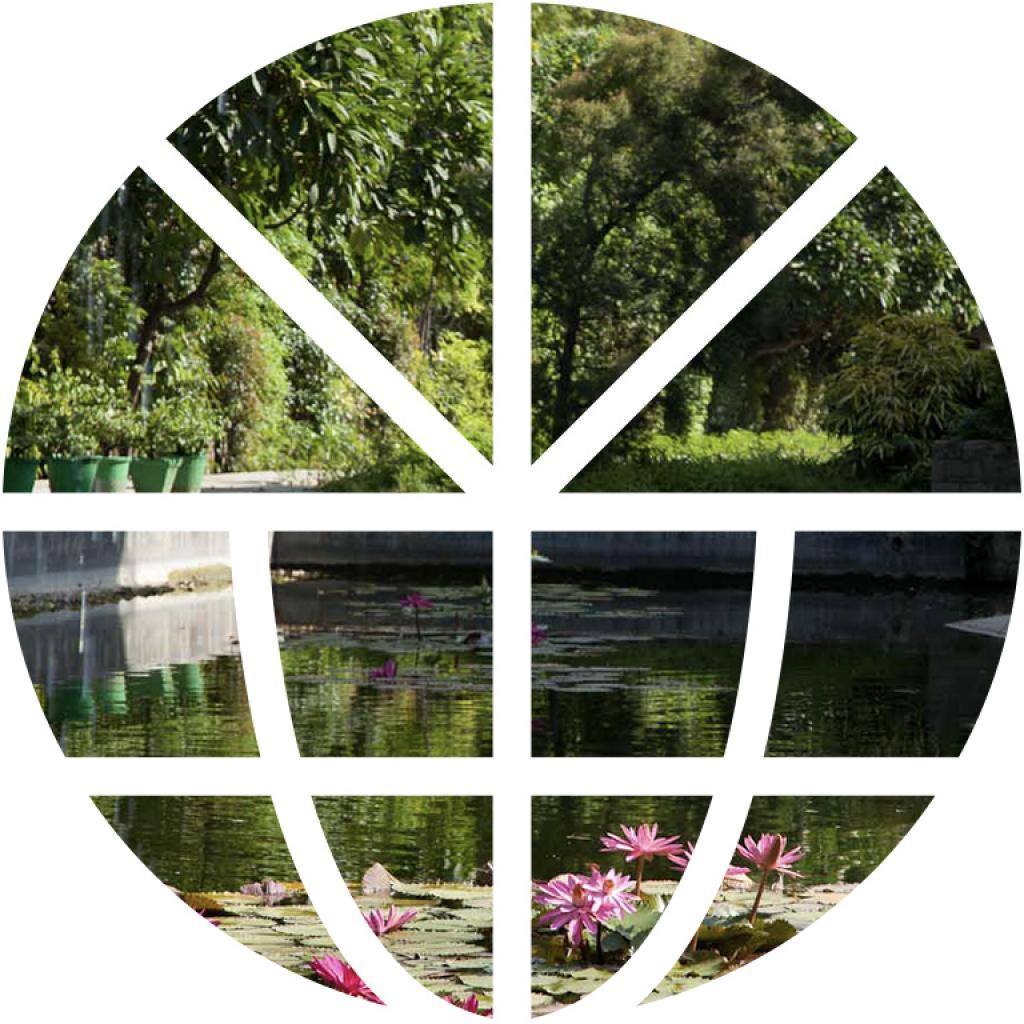SPIRIT OF INDIA CONCERT
04 June 2016, 05:30 am
SPIRIT OF INDIA CONCERT
Programme Type
Cultural
Odissi
By Sujata Mohapatra, disciple and daughter-in-law of the late Guru Kelucharan Mohapatra
Accompanist: Soumya Ranjan (flute); Ramesh Chander (violin); Rupak Kumar (vocal); and Ekalabya Muduli
(pakhawaj)
(Collaboration: Mohindar Dhillon Music Foundation)









